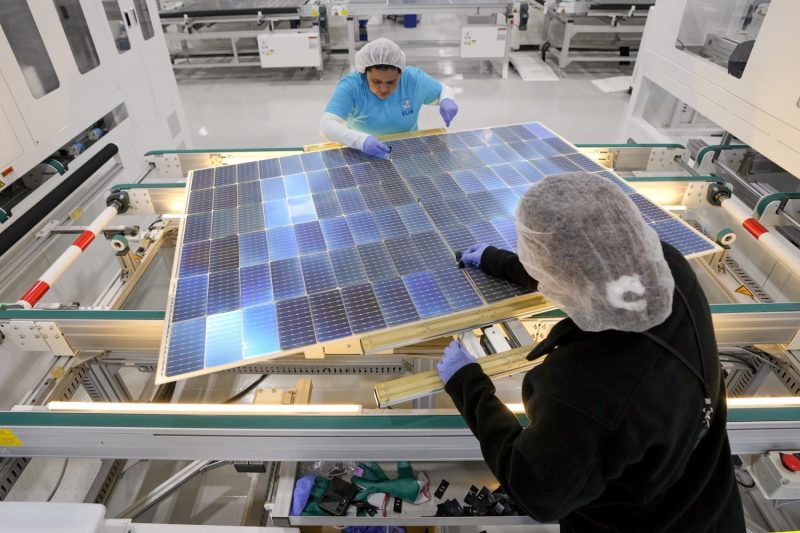The article cited provides valuable insights into the changing landscape of the U.S. labor market. The shift towards skilled labor is a significant trend that has been observed in recent years, with demand for technical skills and expertise on the rise while white-collar hiring slows down.
One of the key factors driving this shift is the rapid advancement of technology and automation. As industries embrace digital transformation and rely more on artificial intelligence and machine learning, the need for workers with specialized technical skills has increased. Employers are now looking for candidates who have a strong foundation in STEM (science, technology, engineering, and mathematics) fields, as well as proficiency in data analysis, coding, and other technical areas.
Another driving force behind the shift towards skilled labor is the changing nature of work itself. Traditional white-collar roles that primarily involve routine tasks are becoming automated, leading to a decline in demand for these positions. On the other hand, jobs that require creative problem-solving, critical thinking, and adaptability are in high demand.
The rise of the gig economy and remote work also play a role in this shift. Many skilled workers are now opting for freelance or contract opportunities that offer flexibility and autonomy. This trend has opened up new avenues for workers to showcase their expertise and skills on a project basis, rather than being tied to traditional full-time employment.
Furthermore, the impact of the COVID-19 pandemic has accelerated the shift towards skilled labor. As businesses adapted to remote work and digital operations, they realized the importance of having a skilled workforce that can navigate the challenges of a rapidly changing environment. This has further emphasized the need for workers with strong technical skills and the ability to quickly learn and adapt to new technologies.
Overall, the shift towards skilled labor in the U.S. labor market reflects the evolving needs of industries and the growing importance of technical expertise in a digital economy. As we move forward, it is crucial for workers to continuously upskill and stay abreast of the latest trends in order to remain competitive in the job market. By embracing lifelong learning and adapting to the changing demands of the workforce, individuals can position themselves for success in a skilled labor-driven economy.
